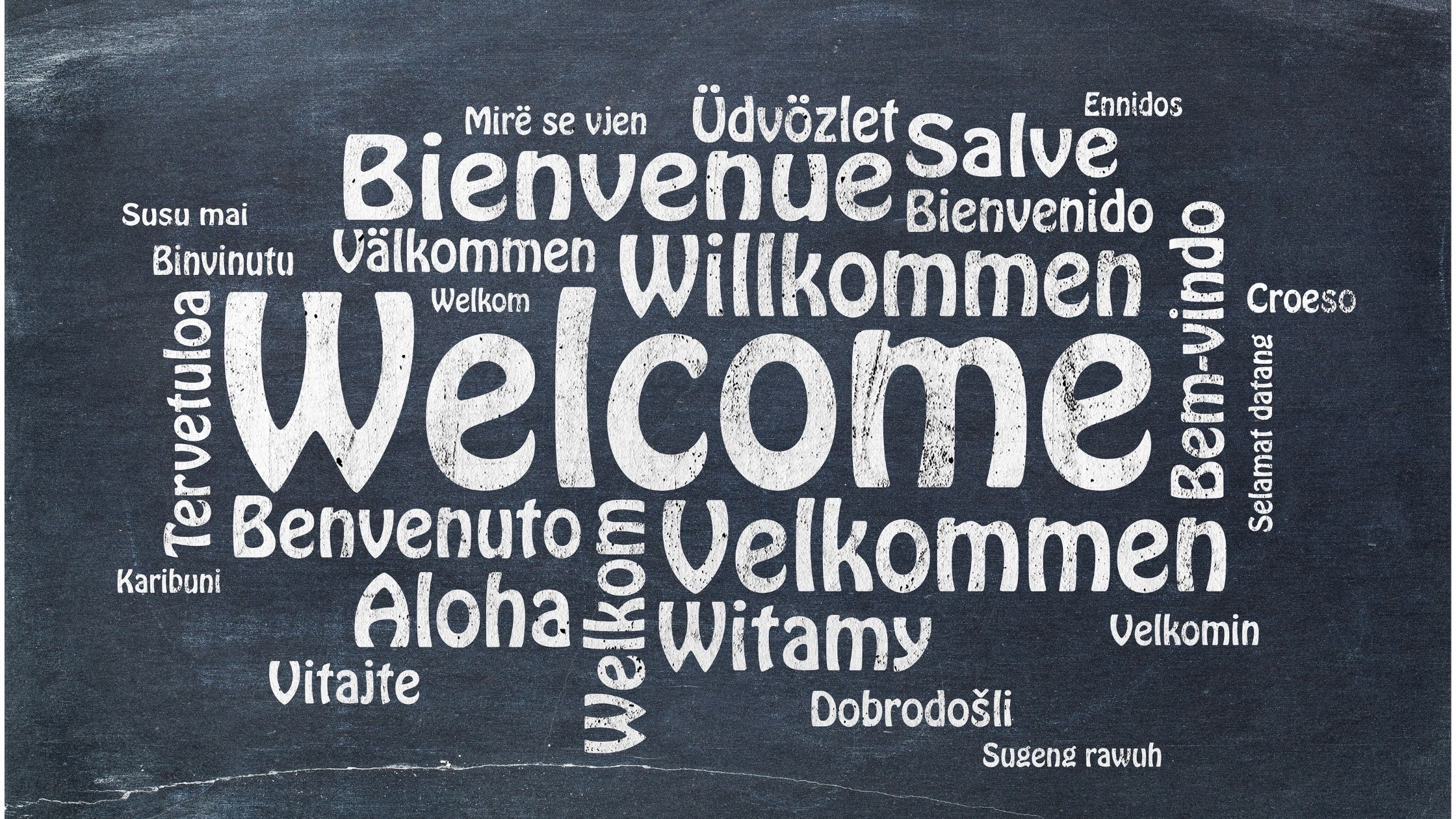The English Discussion in Finland
I moved to Finland in May 2016 and have lived in both Helsinki and Jyväskylä for work and studies. Having concluded my master’s degree in Education, I now work in different levels and aspects of education in both children and adults. Having enjoyed writing since I was a little girl, I am currently working on developing my skills on that field as well, by documenting my thoughts and opinions while expressing my creative side. I also appear on Episode 2 and 28 of the “Mastering Finland” podcast, in which I share my experiences and discuss various aspects of my life in Finland.

A couple of weeks back, I came across Helsinki Mayor’s Juhana Vartiainen (NCP) statement on relaxing Finnish and Swedish requirements to make the city more appealing to foreign residents. More specifically, Vartiainen suggest that Helsinki could “call itself an English-speaking city”, much like the city of Espoo did a while back. However, his idea was met with a certain amount of scepticism and some questioning regarding the negative outcomes such a change might have on Finnish language and culture. And, as an international living in Helsinki who is still in the process of learning how to speak and navigate the intricate local language, I began to think about it all. The language, the culture and what kind of responsibility both sides of the coin bear when it comes to respect and preserving it all.
So, the thing about language is, as I learned, that it’s flexible. It can bend, it can stretch, it can move in ways we don’t even notice, let alone fully understand. It’s a multifunctional tool, but one that carries many burdens, especially those of culture and history. And throughout human history and culture, we always come back to the need and the necessity to do things collectively, together. To find or conceive ways in which we can learn from each other, to grow and support not just our own community, but extend, spread, offer our knowledge and expertise to the next one and the next one after that. So, language, very obligingly adapted to all that: we borrowed words, we lent concepts out, we made up new expressions and brought down all kinds of barriers. Language stretched, it grew, it expanded. As it does and will always do in the future.

I was not always this open-minded. I grew up in a country where the feeling of patriotism and taking pride in your nationality was part of our main education, part of who we were. We were taught and led to think that our culture, history and especially our language were the things that made us who we were as a nation. And that is nice and all, and it might even carry some truth in it, but only in theory. Because the truth is, even though it was drilled in us every chance it got, through parades and long speeches, through school plays and poems we memorized but didn’t understand, our educators seemed content that they did their part, that they had passed the torch along. It didn’t really matter if most of us snoozed through lengthy history classes, or made grave mistakes in our spelling, grammar and speech. We were rather forced, without much explanation, to memorize, to spell, to articulate, to speak “properly”, otherwise, they said, our language would wither, it would die. We didn’t learn to love and respect these aspects of our language because of what that meant to our culture, to our identity, or the role they played in the grander scheme of things. To put it simply, our language, taught so demandingly and rigidly, didn’t provide us with freedom and self- expression, it provided us with walls. But that’s the thing about walls, no one likes to stay in them for long. And so, we escaped.

In my case, as of many others, I found my freedom in English. Similar challenges there but I won’t lie, I could feel the universality of things. Early on, I was helped to see how it would become a door to the outside world, to other cultures, other people and possibilities. And that won me over. Simple as that. The work, the hours I spent studying, were worth it, because I could see what I could get out of it. No more confinements, no more walls, but freedom and an international identity.
I am currently an international working in Helsinki, Finland. Having fallen in love with the land of a thousand lakes, endless forests, honest people and forward-thinking education, I decided to give it a shot and leave home to study further and perhaps find a new life. When I moved away from home and settled in, there it was. The same pressure. “Learn, read, spell, pronounce, speak properly”. And I did. But not for the sake of the culture, of the language, none of it. It was the pressure to survive, to work in Finland and make a living. It didn’t matter whether I could relate to the language and the culture behind it or not. That was just a practicality. And eventually, the pressure caught up with me. As it did with so many others too. Evidently, 36% of the international students studying in Finland in 2018 moved away in the first year of completing their degree, reporting difficulties in learning language, isolation and problems with inclusivity. And that ultimately, provides with Finland with greater issue, since international talent, is a resource that the country currently strives to secure, but with little success. Vartiainen’s comments therefore, no matter how controversial, provide a preliminary solution (or at least an opening to discussion) to some of the main issues that ultimately, will need to be addressed on a larger scale.

Those who do decide to stay, however, come face to face with compromises - career and personally wise. English being the main tool all along, in working, socializing and building the life that they lead. It’s comfortable to use a language you have been studying since your early school years and a language that is, admittedly, an international one. It makes one feel secure, more at home, confident to express oneself and communicate with others in a more equal way. It acts and is, a common understanding, providing solace and support, elements that remain crucial in everyday life, if one is to grow and thrive in their new life, personally and professionally. The use of English offers a community with other international residents and more importantly, Finns themselves, the role of which is often overlooked. The part that the locals can play in preserving and growing their language can be rather large, making it come alive by interacting with internationals and helping them understand, live, and experience the culture, the history and the bond that language provides to link it all together.
And possibly, that might be the answer in the perseverance of the Finnish language after all: Community and identity. To truly appreciate and learn the language, the learner needs to relate to it, to develop a personal bond that intertwines with culture and deepens the understanding of the people that speak it. It must become part of one’s identity. But that comes with time and relationships/interactions with the locals, that need to be encouraged and nurtured. Interacting with Finnish communities however, and building bonds, is realistically, not possible right away for newcomers, which is eventually the reason why English is such an important aspect of the whole conversation. Eventually, we must trust, that through these relationships’ internationals will be provided with the incentive to not only learn Finnish but also preserve and protect the language as part of their new, international identity.